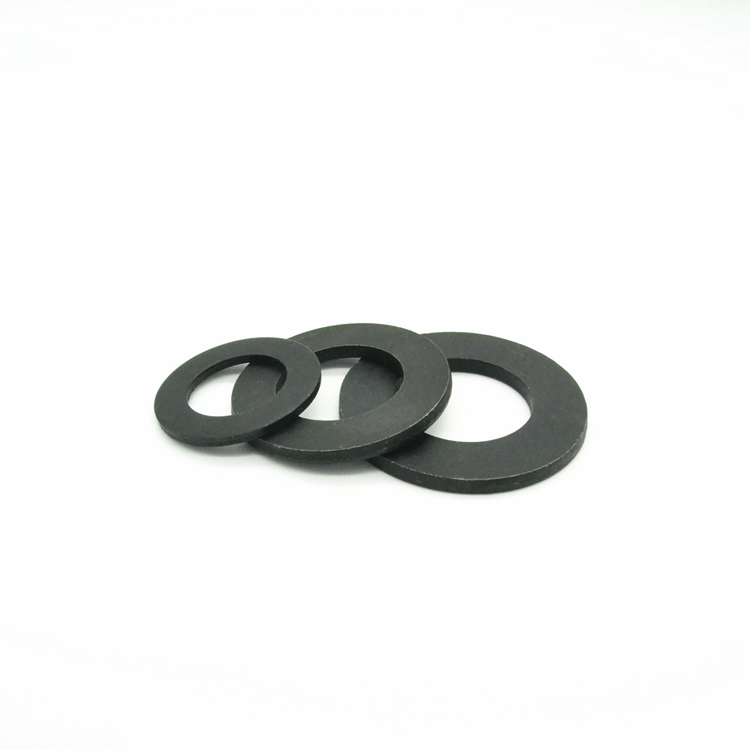High-Quality Fully Threaded Stud Bolts for OEM Applications and Industrial Use
Aug . 08, 2024 09:45 Back to list
High-Quality Fully Threaded Stud Bolts for OEM Applications and Industrial Use
Understanding OEM Fully Threaded Stud Bolts Key Features and Applications
In the world of mechanical engineering and manufacturing, fasteners play a vital role in ensuring structural integrity and reliability. Among the various types of fasteners, fully threaded stud bolts, often referred to as OEM fully threaded stud bolts, stand out due to their unique design and versatility. This article explores the characteristics, manufacturing processes, and applications of OEM fully threaded stud bolts.
What are Fully Threaded Stud Bolts?
Fully threaded stud bolts are cylindrical rods made from metal, typically with threads running along their entire length. Unlike standard bolts, which may have a smooth shank, fully threaded studs provide consistent gripping along their entire length, making them ideal for various fastening applications. The term OEM refers to Original Equipment Manufacturer, indicating that these stud bolts are designed to meet specific standards required by particular industries or manufacturers.
Key Features
1. Uniform Thread Design The most distinctive feature of fully threaded stud bolts is their fully threaded nature. This design allows for a uniform load distribution across the fastener, enhancing its strength and ensuring a secure connection.
2. Versatile Lengths and Diameters OEM fully threaded stud bolts are available in various lengths and diameters to suit different applications. Manufacturers can customize these specifications to meet the unique needs of different industries.
3. Material Options These fasteners are typically made from high-strength materials like stainless steel, carbon steel, or alloy steel. The choice of material affects not only the strength but also the resistance to corrosion and wear.
4. Ease of Assembly Fully threaded stud bolts simplify installation processes, allowing for faster and easier assembly. The consistent threading enables them to be used with a variety of nuts and washers, streamlining the fastening process.
5. Strength and Durability Designed to withstand high tension loads, fully threaded stud bolts are ideal for heavy-duty applications. Their all-thread design provides superior holding power and reliability, making them suitable for critical applications.
Manufacturing Process
oem fully threaded stud bolt

The production of OEM fully threaded stud bolts typically involves several steps, including
1. Material Selection Manufacturers choose appropriate materials based on the required mechanical properties and the intended application.
2. Machining and Threading The raw materials are machined to the desired length and diameter, and threading is done using specialized equipment to create the precise thread profile.
3. Heat Treatment Many manufacturers apply heat treatment processes to enhance the strength and hardness of the studs, depending on the specific requirements for the application.
4. Finishing The final step involves surface finishing, which may include processes such as galvanizing or coating to improve corrosion resistance and aesthetic appeal.
Applications
OEM fully threaded stud bolts are employed in a wide array of industries, including
- Automotive Industry Used extensively in vehicle assemblies for securing components and ensuring safety. - Construction Essential for structural applications, where strong connections are crucial for safety and stability. - Marine Used in shipbuilding and maintenance due to their corrosion-resistant properties. - Manufacturing and Machinery Critical in machinery assembly where reliability and durability are paramount.
Conclusion
In summary, OEM fully threaded stud bolts are fundamental components in numerous industries, engineered for strength, reliability, and versatility. Their unique design, coupled with customizable features and robust manufacturing processes, ensures they meet the demanding requirements of various applications. Understanding their characteristics and applications is essential for engineers and manufacturers who seek to use the best fastening solutions available for their projects.
Latest news
-
Top Wire Bolts Suppliers - Quality & Durable Fasteners
NewsAug.15,2025
-
Trusted Wire Bolts Company | Quality Fasteners Supplier
NewsAug.14,2025
-
Reliable Wire Bolts Suppliers & Manufacturers for Global Needs
NewsAug.13,2025
-
High-Quality Bolts for Lawn Mower Handle Supplier
NewsAug.12,2025
-
Leading Phosphated Drywall Screws Supplier | Bulk & Custom Orders
NewsAug.11,2025
-
Top Wire Bolts Company: Manufacturers, Exporters & Suppliers
NewsAug.10,2025
